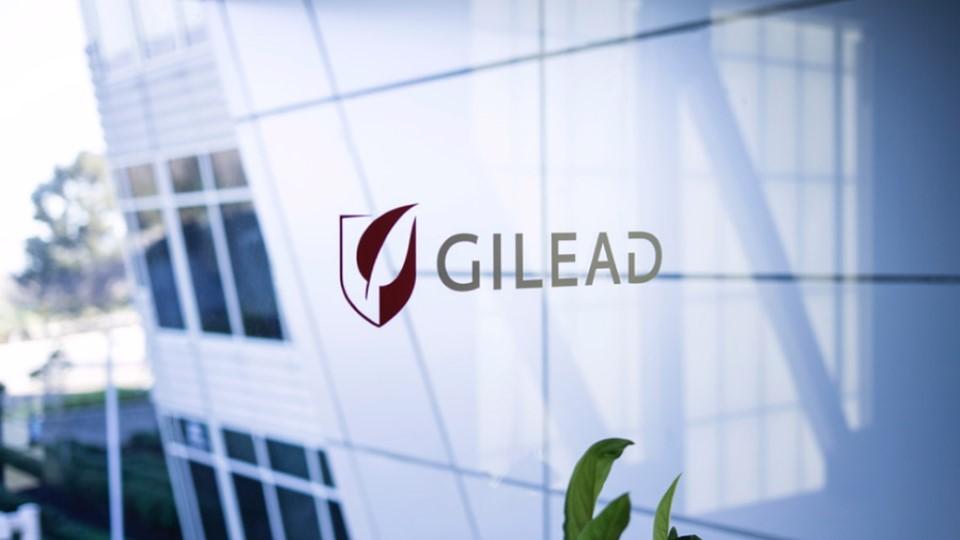Arcus and Gilead drop A2R drug for prostate cancer

Arcus and Gilead Sciences have decided not to continue the development of their A2 receptor antagonist etrumadenant in castration-resistant prostate cancer (CRPC) after an early look at data in a clinical trial revealed underwhelming efficacy.
The decision doesn't spell the end of the drug, which Gilead licensed as part of a $2 billion alliance with Arcus spanning four cancer therapies signed in 2021, as it remains in testing for colorectal cancer (CRC), with data due in the first half of next year.
Etrumadenant is a dual A2a/A2b antagonist that is being tested in various combinations in the open-label ARC-6 study involving patients with metastatic CRPC, including with docetaxel and Arcus' PD-1 inhibitor zimberelimab.
After reviewing radiographic progression-free survival (rPFS) data from the trial, Arcus said the combination "is not expected to demonstrate sufficient clinical benefit […] to warrant further investment." It will, however, let the study complete as planned.
The ARC-9 study has a similar protocol, looking at etrumadenant, zimberelimab, and chemotherapy in metastatic CRC, and - while it is fully enrolled - the readout has been delayed into next year due to a "slower-than-anticipated event rate," according to Arcus. Earlier-stage studies are also looking at the role of the drug in lung cancer.
The agreement with Gilead gives the latter rights to five immuno-oncology drugs, including etrumadenant, zimberelimab (which is already on the market in China), small-molecule CD73 inhibitor quemliclustat, and a pair of anti-TIGIT antibodies called domvanalimab (AB154) and AB308.
Other drugs in the collaboration have fared better, and at this year's ASCO congress Arcus and Gilead reported encouraging results with domvanalimab plus zimberelimab as a first-line therapy for PD-L1-high non-small cell lung cancer (NSCLC) in the ARC-7 study.
Preliminary objective response rate (ORR) results in the phase 2 EDGE-Gastric (ARC-21) study as first-line treatment for upper gastrointestinal cancers should also be forthcoming before the end of the year, said Arcus, which reckons domvanalimab has the potential to be first-to-market in this indication.
The drug is also the only anti-TIGIT antibody in late-stage clinical development for gastric, oesophageal, and gastro-oesophageal junction adenocarcinoma, it said. Arcus and Gilead are competing with the likes of Roche, MSD, and BeiGene in the race to bring TIGIT drugs to market.
Quemliclustat, meanwhile, is in the phase 1/1b ARC-8 trial as a dual therapy with chemo and triplet with chemo and zimberelimab in first-line pancreatic cancer, with "encouraging" data compared to historical benchmarks for chemotherapy alone.











